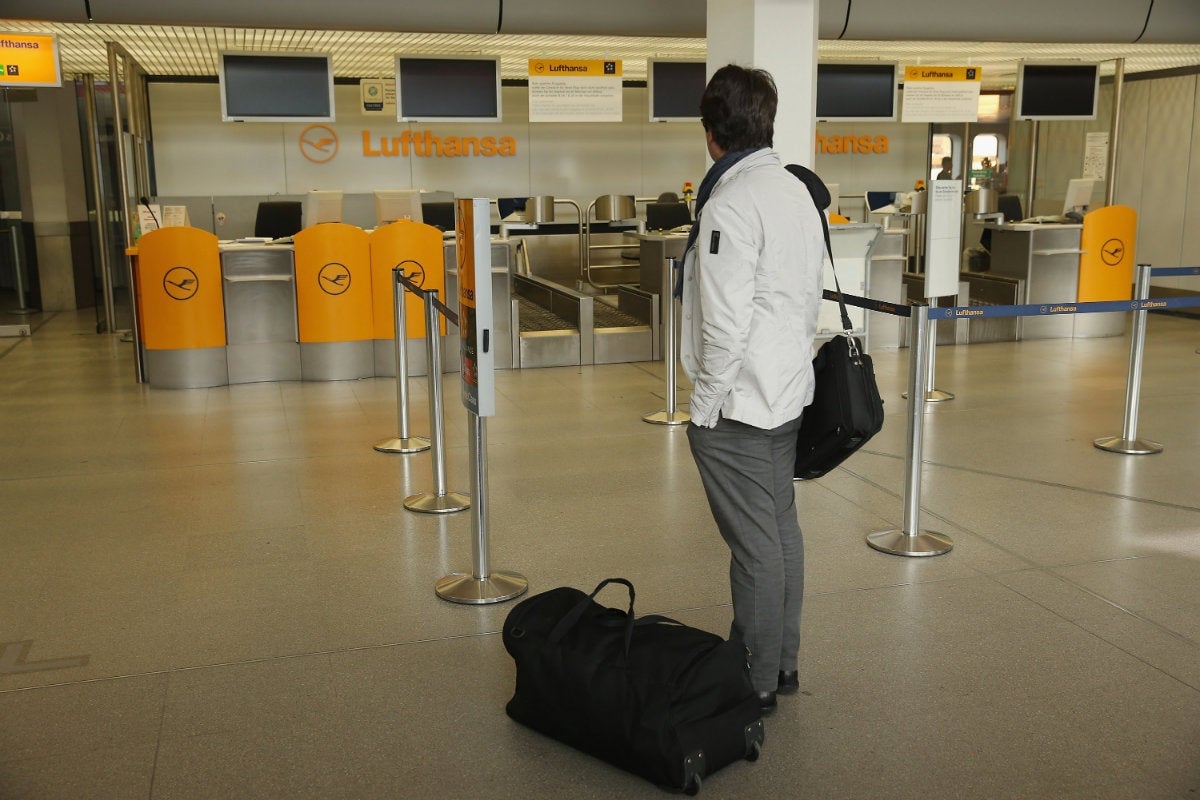More than 40% of managers that are sent abroad fail
Getting a job placement overseas sounds like a dream until it’s not.

Getting a job placement overseas sounds like a dream until it’s not.
The failure rate of expatriates is amazingly high, and experts blame a lack of corporate support and an abundance of family issues.
Some 42% of overseas assignments are judged to be failures by senior executives in a new Right Management survey. That ratio is consistent whether the manager is leaving a company based in Asia, Europe or North America. Executives used their internal targets or perspectives in judging the ex-pat assignment a success or failure. These include whether the worker hit her sales targets or returned early.
“You would think in the globalization of business, of workforce of talent mobility that clearly is at its peak today that companies would smartly invest and think and plan on how to do this,” said Bram Lowsky, group executive vice president for Right Management in Toronto.
Yet one in six executives said they did little or nothing to prepare a manager for an overseas assignment in the survey of 202 chief executives or senior human resources managers. Less than one in five ex-pat managers worked with a personal coach before departing and only one in nine received ongoing mentorship. The most common assistances were language or cultural assistance, cited by 25% of companies.
These transplants and their families often find it hard to adjust to a higher cost of living or (pdf) live with fewer servants and nannies. Navigating a new culture can be difficult for spouses or aging parents who come along. Staffers return home early mainly because of family concerns and an early completion of the assignment, according to a Brookfield Global Relocation Services trends survey.
What’s the toughest international assignment? China, Brazil and India are considered the most challenging locations, though Russia has been cited in previous years.
Overseas assignment failures have been commonplace for decades—rates of 20 to 40% and higher were reported in the 1980s and 1990s.